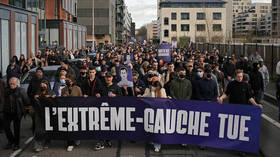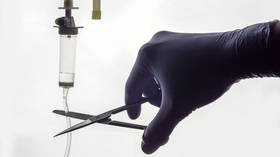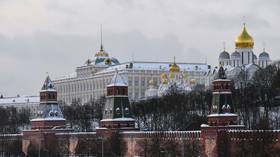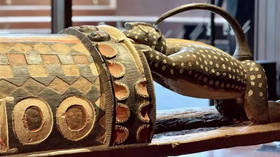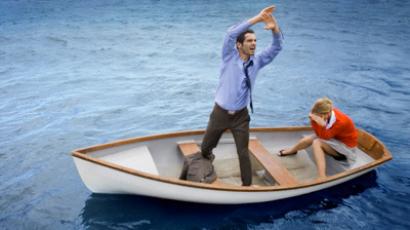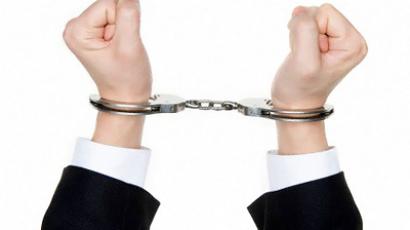Belarusians turn to mass protests as government tries to tackle crisis
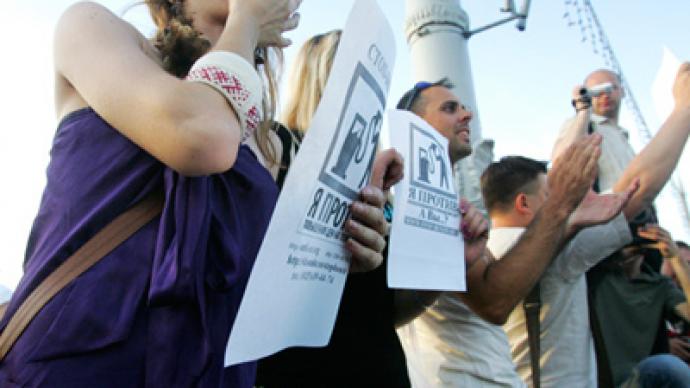
As Minsk struggles to deal with the ongoing economic turmoil, rapid inflation is brewing unrest. The government had to lower fuel prices two days after a sharp increase, due to mass protests.
On Thursday, Belarusian gas prices dropped by almost a quarter, after President Lukashenko ordered the government to lower the cost. The prices are down 13 to 22 per cent for different sorts of fuel, with the most expensive gasoline and diesel fuel dropping the most. It does not fully compensate the 30 per cent surge on Tuesday, but is likely to somewhat diffuse public anger.The surge came out of the blue for the public and prompted nationwide protests by car owners. Spontaneous car rallies happened in the capital Minsk as well as in some other big cities, including Brest, Gomel and Mogilev. It was the biggest such event since the crisis started.In Minsk, hundreds of protesters stopped traffic at the city’s central avenue for about two hours, before the authorities managed to disperse the jam. Reports say pedestrians, who witnessed the rally, cheered and applauded.Following the protests, Lukashenko lashed out at the government and regional governors who allowed the price hike to happen.“Who of you thought about tomorrow, when we raised fuel prices? Fuel is food, clothing to some extent. Will you raise food prices too tomorrow? Where can a man then get money to provide for his family? Are you going to give him that money?” the outraged head of the country asked on Wednesday.The president halved fuel allowances for car pools of the government and his administration, saying the officials should change cars for bicycles, if it is not enough. He also demanded that any measure resulting in prices increasing by more than five per cent must be approved by him personally and ordered the fuel price to be dropped.Also on Wednesday, four opposition activists, who took part in Tuesday’s protests, have been sentenced by a court to fines worth between US$100 and $140. An online campaign was launched to gather the money for them as a symbolic move.
Economic woes
Belarus is suffering from an economic crisis. In May, the government had to devalue the national currency, because it was no longer possible to maintain a stable exchange rate through regulations and market interventions. The move caused a shopping spree in the country, as people were trying to buy anything with their savings, before the value was lost.The Russian-controlled Eurasian Anti-Crisis Fund has approved a $3 billion bailout program for Belarus. The agreement was signed on Tuesday and the first trench, which will be worth $800 million, is to be transferred before the end of June. The loan has a term of two years and six months.Earlier on Thursday, head of Lukashenko’s administration Vladimir Makey said it will receive $1 billion extra “from a different source” in a matter of a month. Minsk is in negotiation with the International Monetary Fund over an anti-crisis loan, which may amount to up to $8 billion.However, the economic pressure on Belarus is mounting as the country has to cope with its budget deficit. On Thursday, Russia halved its electricity supply to the country due to repayment failure. The debt for electricity amounts to about $54 million, the Belarusian Energy Ministry spokeswoman Lyudmila Zenkovich said. The official promised that the cut would not hurt domestic consumers.Meanwhile, the country’s gold reserves are running lower. On Monday, the national central bank said the reserves decreased by $200.4 million during May and are now worth $3,593.1 million. The figure is almost twice lower than in October, when the rapid expenditure started.Creditors call on Minsk to launch a massive privatization campaign to cover the budget deficit. So far Lukashenko has agreed to sell a handful of state-owned companies. However, some economists say it may be a temporary measure only and will not solve the core of the problem – unbalanced economy.For years Belarus has been relying on cheap energy supplied from Russia, which allowed the funding of extensive social programs and the sponsoring of big state-owned companies. However, Moscow has been pushing for leveling oil and gas prices for all its customers to the market level, which was diminishing subsidies for countries like Belarus and Ukraine. This and the worldwide financial crisis have left Belarus’ economy in trouble.


